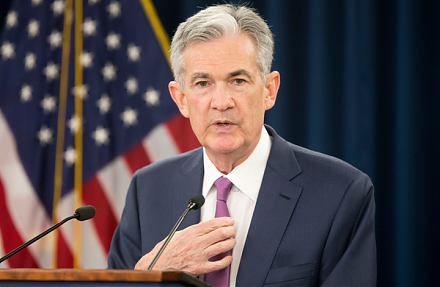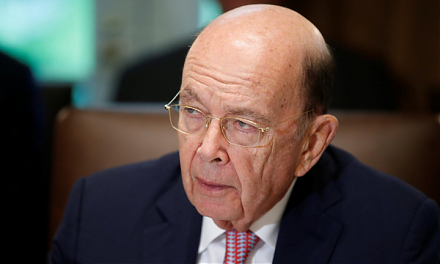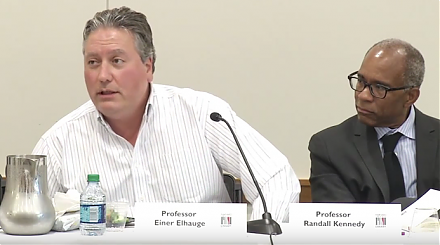

2019-03-05 10:40:00 Tue ET
trust perseverance resilience empathy compassion passion purpose vision mission life metaphors seamless integration critical success factors personal finance entrepreneur inspiration grit
We may need to reconsider the new rules of personal finance. First, renting a home can be a smart money move, whereas, buying a home cannot always be a good investment. It can be reasonable to rent a home without opportunity costs such as down payments, maintenance costs, renovation fees, interest expenses, property taxes, and insurance premiums. Investing these opportunity costs in stocks and bonds may yield better long-term returns. Second, money is an important resource for long-term investment, and time is another major element of successful wealth accumulation. It takes time for compound interest to exponentially grow at the 6%-11% stock market annual rate of return.
Third, it would be wiser to invest retirement finance in some stock market index to earn the average equity premium around 5%-9% in recent times. With lower bond returns and longer lifespans, stock investors can reap higher rewards. Fourth, it is important to demystify the conventional wisdom that student loans are good debt because education pays handsomely in the form of higher future wages. However, only postgraduate degrees offer the higher *incremental* wage boost than college degrees. We should consider these new rules of personal finance during the recent Trump stock market rally.
If any of our AYA Analytica financial health memos (FHM), blog posts, ebooks, newsletters, and notifications etc, or any other form of online content curation, involves potential copyright concerns, please feel free to contact us at service@ayafintech.network so that we can remove relevant content in response to any such request within a reasonable time frame.
2018-06-08 13:35:00 Friday ET

The Federal Reserve delivers a second interest rate hike to 1.75%-2% and then expects subsequent rate increases in September and December 2018 to dampen inf
2023-06-28 09:29:00 Wednesday ET

Carmen Reinhart and Kenneth Rogoff delve into several centuries of cross-country crisis data to find the key root causes of financial crises for asset marke
2018-04-11 09:37:00 Wednesday ET

North Korean leader and president Kim Jong-Un seeks peaceful resolution and denuclearization on the Korean Peninsula. When *peace* comes to shove, Asia
2018-08-03 07:33:00 Friday ET

President Trump escalates the current Sino-American trade war by imposing 25% tariffs on $200 billion Chinese imports. These tariffs encompass chemical prod
2017-11-27 07:39:00 Monday ET

Is it anti-competitive and illegal for passive indexers and mutual funds to place large stock bets in specific industries with high market concentration? Ha
2023-11-30 08:29:00 Thursday ET

In addition to the OECD bank-credit-card model and Chinese online payment platforms, the open-payments gateways of UPI in India and Pix in Brazil have adapt